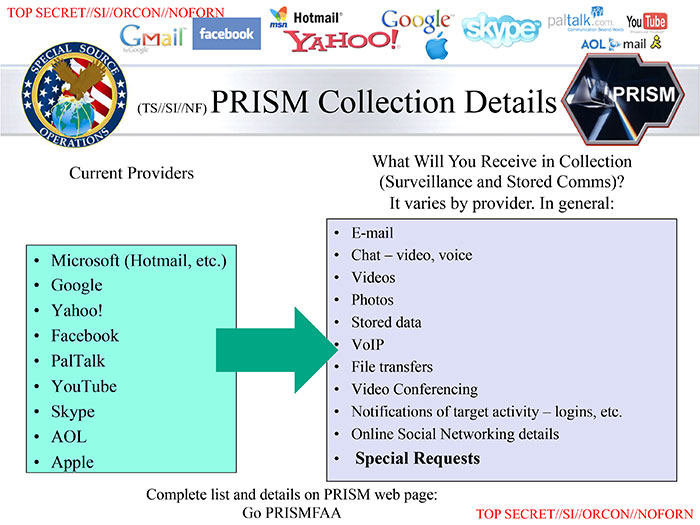
Strengths:
The main strength of Oculus Rift is the ability to play video games in a way that has never been done before. Oculus Rift essentially has a monopoly on the VR gaming market, and its ease to interact with other gamers is another positive of the technology. In addition, Oculus Rift has the best playlists of movies and games in comparison to other competing VR headsets.
Weaknesses:
There are many glaring weaknesses to the Oculus Rift and the virtual reality technology associated with it. These weaknesses include its inability to go wireless, potential nausea, exclusivity to early adapters, and its expensive price. The inability to go wireless is a major weakness because being tied to a cord does not allow the user to be truly "free" in exploring their virtual worlds, but tied by the cords attached to the Rift device. In addition, many users have reported dizziness and nausea associated with using Oculus Rift for an extended period of time. Its exclusivity to early adapters is correlated with the high price and new technology. This will exclude laggers and late adapters to the product.
Opportunities:
The opportunities of the Oculus Rift seem very promising, considering its the first of its kind, how much money it raised with its Kickstarter campaign, and its broad field of use. Oculus Rift is the standard for VR gaming headsets, and thus will allow Oculus VR to acquire valuable information from its users on how to improve the product and expand its consumer base. When Oculus Rift was just a Kickstarter, it raised $2.5 million, highlighting its appeal to a broad group of people and the potential to develop into something bigger. The headset also had a broad field of use, from watching movies to basketball games. Starting this year, there are now NBA games that one can view through their Oculus Rift as if they are sitting courtside at the game. The surround sound audio and ability to move your head towards where the action is happening only begins to explore how high the ceiling is for this technology in the future.
Threats:
The main threats to the Oculus Rift are its emerging competitors: HTC Vive, Sony's Playstation VR, and Microsoft Hololens. While the Oculus Rift is the industry leader in VR gaming headsets, these competitors have been gaining ground on the public interest in this new market, especially the Playstation VR. The Playstation VR is the biggest threat to the Oculus Rift because of Sony's ability to use the Playstation 4 to its advantage and their own content. They can include the VR with their gaming console, incentivizing consumers to purchase the Playstation VR over the Oculus Rift because of the potential for a bigger library of games.
